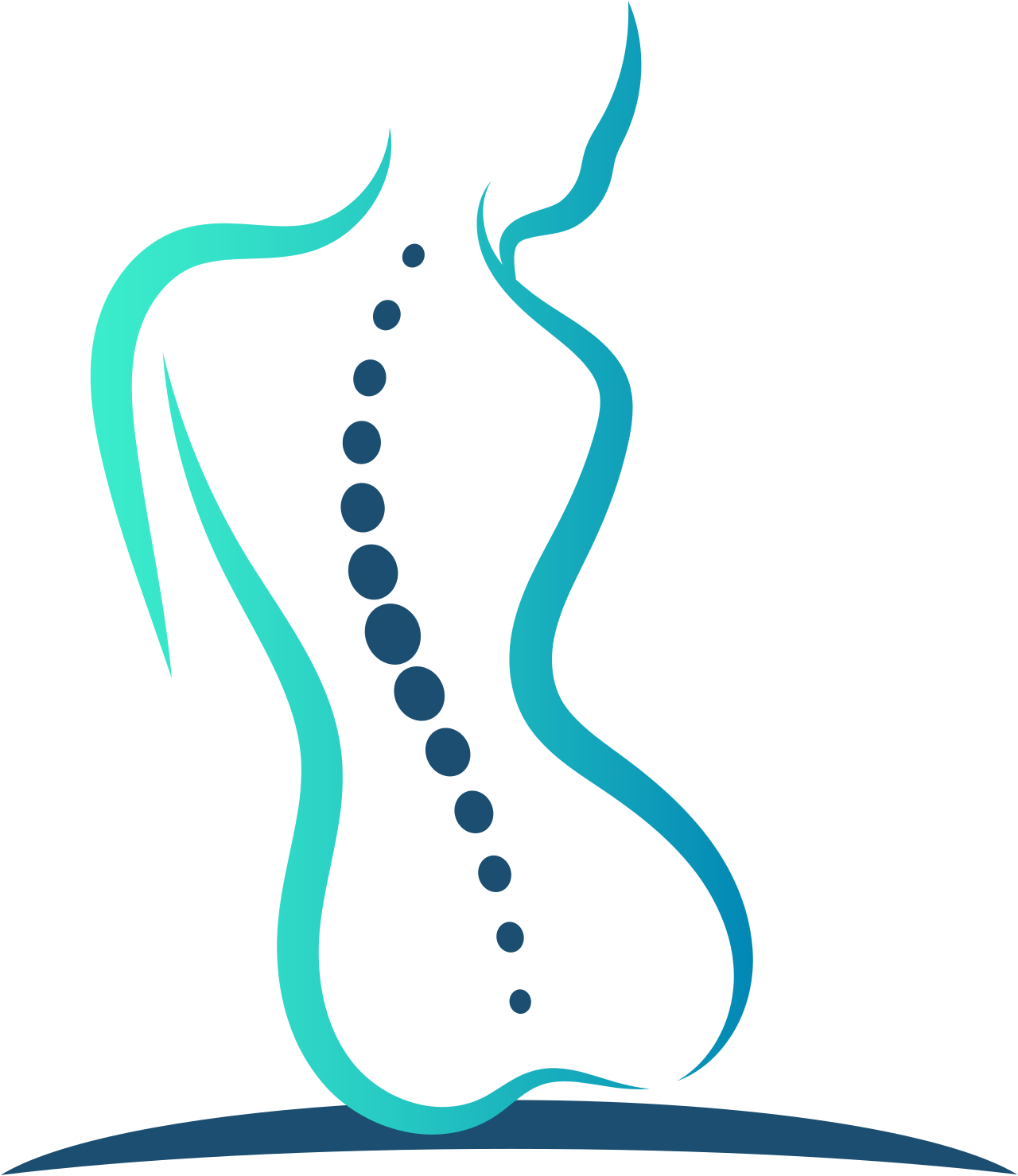The basics of back pain: Causes, treatments and prevention
Back pain affects millions of people worldwide. It can be mild or severe and may come and go or persist for months or even years. In this blog post, we will cover the basics of back pain, what causes it, when to seek help for it and what treatments are available. We'll also discuss preventative methods and how DFW Interventional Pain Institute can help those suffering from chronic back pain.
What causes back pain?
Back pain can stem from many different causes. It can result from an injury, such as a sprain or strain, or degenerative conditions, such as arthritis or disc prolapse. Many people experience sciatica, which is a type of back pain that radiates down the leg, making it extra uncomfortable. Poor posture or overuse can also cause back pain, as well as underlying medical conditions like kidney stones or fibromyalgia. It's essential to identify the root cause of the pain to determine the most effective treatment.
How is back pain diagnosed?
Diagnosis by a pain management specialist like Dr. Edrick Lopez begins with a comprehensive medical history and physical examination. The specialist will ask about the nature of the pain, its location, intensity, duration and any known triggers. Then, a physical examination will be done to help pinpoint the area of discomfort and assess range of motion, nerve function, and muscle strength.
Diagnostic tests, such as X-rays, MRI scans and CT scans, may also be utilized to visualize the spine and surrounding tissues. These can reveal abnormalities, such as disc degeneration, herniations or spinal stenosis that could be contributing to the pain. In some cases, nerve conduction studies might be necessary to identify nerve damage. Blood tests may also be useful to rule out systemic conditions like infections or inflammatory diseases.
By combining the results from these tests with the patient's medical history and physical exam, the specialist can identify the source of back pain and create a tailored treatment plan. At DFW Interventional Pain Institute, we pride ourselves on our ability to understand our patients from their point of view and help them build a customized plan that can help with their back pain.
When should I see a pain management specialist for back pain?
If your back pain is severe and continues for longer than six months, it's time to seek the help of a pain management specialist. Other symptoms like numbness, tingling, or weakness in your legs or arms may also be signs that it's time to see a specialist. You should especially consider seeing a pain management doctor if your pain is chronic and interferes with your daily activities, such as work, spending time with family and enjoying hobbies.
Seeing a pain management specialist can help you avoid potential complications that can arise from long-term back pain, such as decreased mobility, muscle weakness and even depression. Seeking treatment early on can also improve your chances of successful recovery and minimize the need for more invasive procedures in the future.
If you're not sure where to start when considering a pain management doctor be sure to check out blog post about how to choose a pain management specialist.
What types of treatments are available for back pain?
Many treatments are available for back pain, depending on the cause and severity of the pain. Some treatments, like physical therapy or chiropractic care, can help strengthen muscles and improve posture. Pain medications or injections may be used to reduce inflammation and manage pain. In severe cases, surgery may be necessary.
At DFW Interventional Pain Institute, we make sure the treatment fits the patient's lifestyle and personal desires. That way, the patient will have the highest likelihood of success with managing their back pain and living their best life possible.
What can I do to prevent future back pain?
Prevention is key when it comes to back pain. Maintaining good posture, regular exercise and flexibility can help prevent injuries. Stretching before and/or physical activity or heavy lifting can also help. If you have a job that involves sitting for extended periods, frequent breaks and adjusting your chair's height and position can make a big difference.
Managing your diet and weight can also help prevent future back pain. Some pain may be triggered by inflammation, so following a specific diet that works for your needs can help alleviate some pain. In general, a healthy weight has overall health benefits that can reduce the strain on your back and provide the energy needed to do daily tasks without excess discomfort.
Contact DFW Interventional Pain Institute if you need help with chronic back pain
Living with chronic back pain can be debilitating. If you've tried multiple treatments or none at all with little to no relief, it's time to seek help from experts. Here at DFW Interventional Pain Institute, we specialize in comprehensive pain management plans that are tailored to each patient's individual needs. Our experienced team of specialists utilizes the latest technology and techniques to get to the root of your pain and provide effective treatment. Don't let back pain control your life any longer; contact us today to schedule an appointment.

